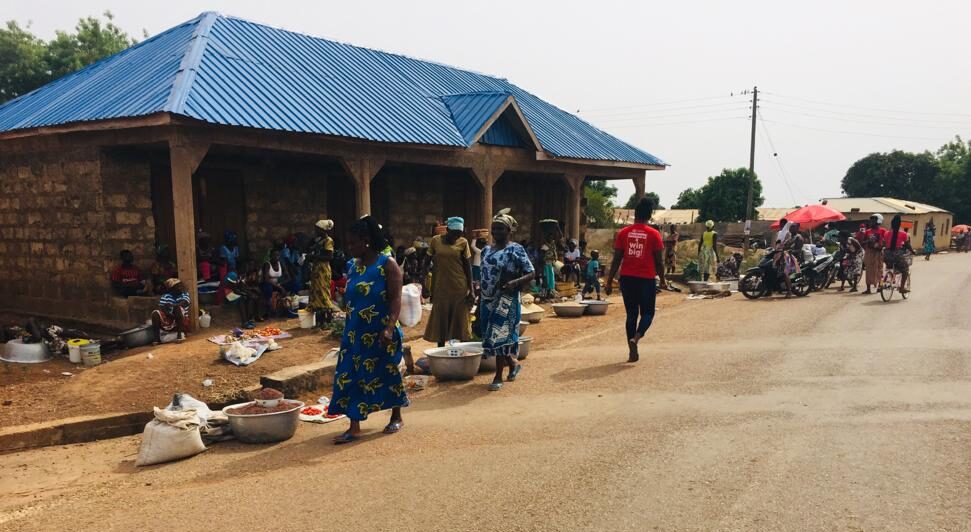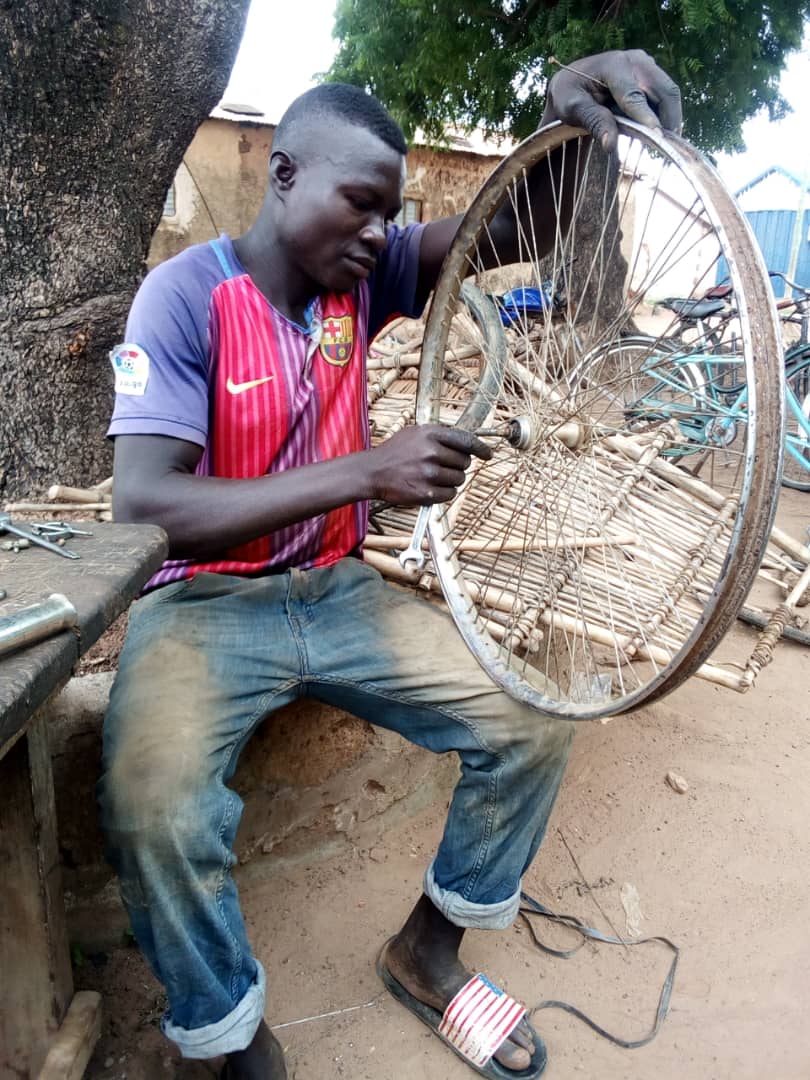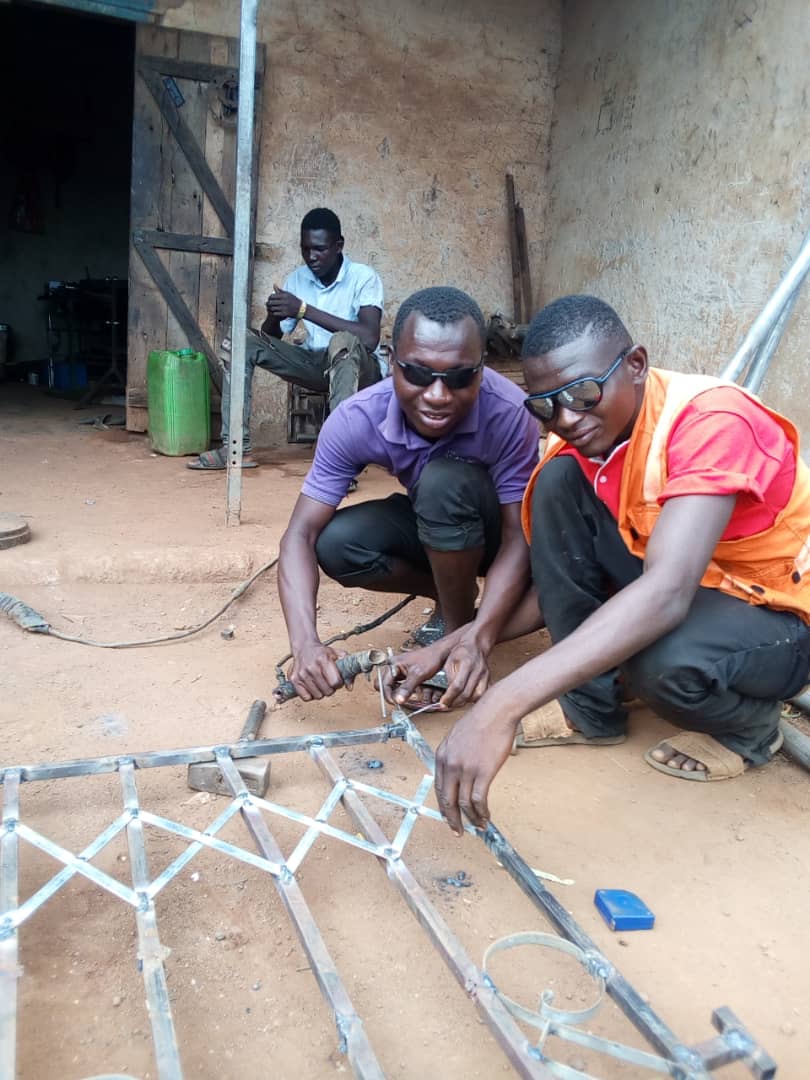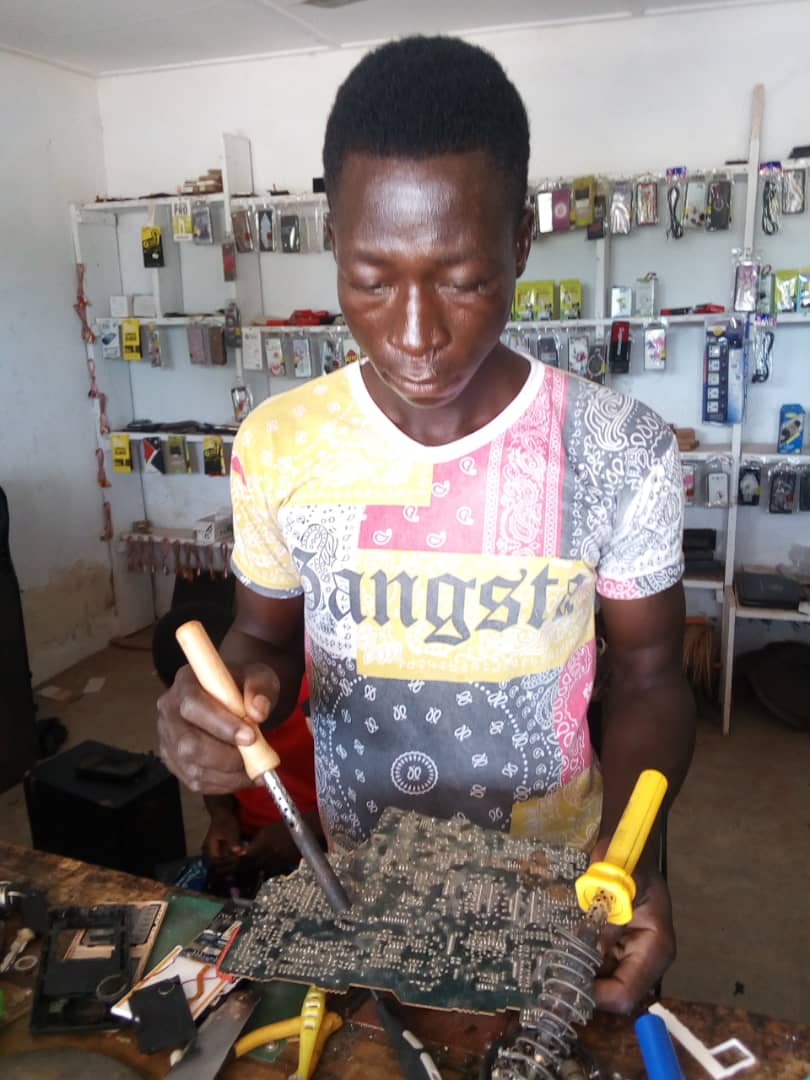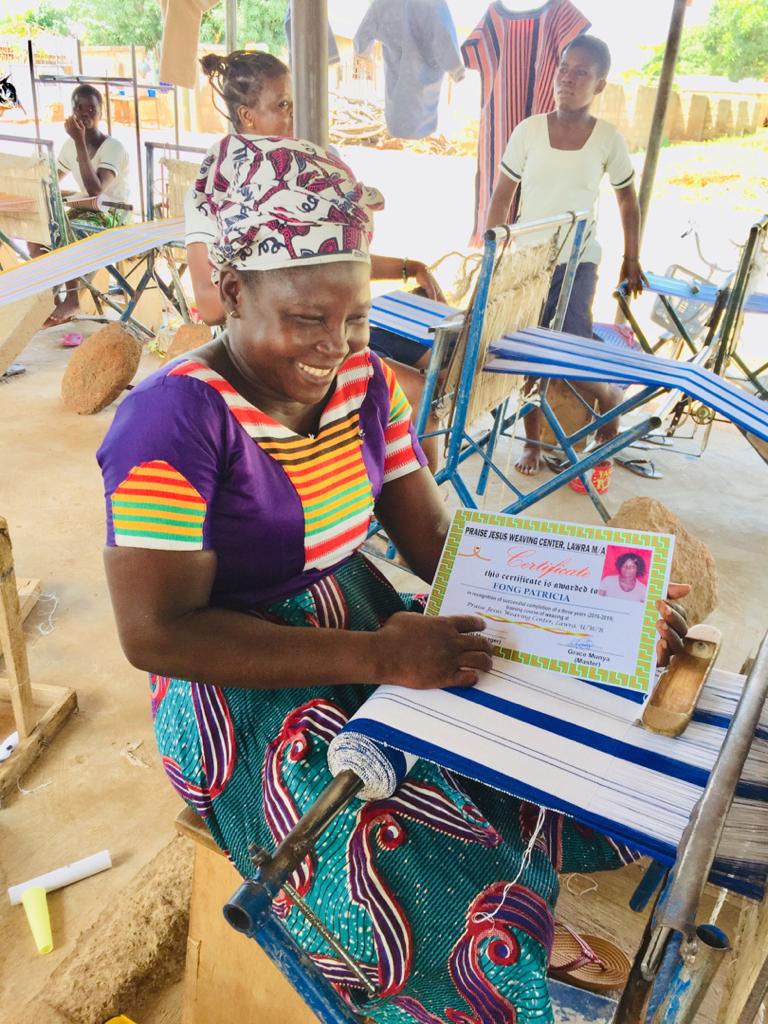In light of World Youth Skills Day on 15th July, we want to take a moment to reflect on youth in Lawra Municipal and the importance of equipping youth with entrepreneurial skills, now more than ever.
There are some very sobering facts reported globally on the high levels of youth unemployment, particularly in sub-Saharan Africa and particularly in the face of the Covid-19 pandemic. According to Palladium, youth make up one quarter of the total global working population, yet 20% of them are neither employed nor undertaking education and training. Before the pandemic, young people were already three times more likely than adults to be unemployed, and now more than ever youth need skills of entrepreneurship to become resilient, self-reliant, and eventually, the employment leaders in their communities.
As Ghana, like many parts of the world, grapples with cautious easing of social distancing, we are gathering rich data from our beneficiaries to inform our planning to support the road to recovery in Lawra. Last week, Hub Manager, Rexford Benon went out to Biro community, a hard to reach rural area of Lawra, to find out more about the youth affected by school closures, their determination to learn a trade alongside their schooling, and prosper against the odds. He spoke with some Form 1 students who attend the local junior high school supported by our EducATE programme; Emmanuel working to fix bicycles, Ralius learning welding, and Francis training to be an electrician.
- Emmanuel
- Ralius
- Francis
Rexford says, “I have seen and also experienced in my life a lot to be able to relate with these boys in their struggle for survival. They say ‘opportunities come, but are claimed by those who are ready’ and this is exactly what these boys are doing now. Since before the lockdown, they would close from school, change out of their uniforms and cycle to Babile to learn a trade. These are children from a remote village where there is no source of income except for inadequate subsistence farming. They face tough choices; either to farm to eat or to sell what they harvest to solve some problems and stay hungry. Even if their parents were still alive, they would not be in the position to offer them any help. These boys have farming activities to do every morning to farm for the family. You can imagine how life is for them.”
For many youth in Lawra, and across sub-Saharan Africa, the transition from school to productive work is slow and often unsuccessful. They face a real lack of opportunity to gain appropriate skills to enter the world of work, particularly in poorer areas where many youth find themselves locked out of mainstream education altogether. Apprenticeships to gain market-ready vocational skills are an attractive option, but for young women in Lawra, gender inequality pushes access to opportunities for education and training even further out of reach.
We are committed to empowering and valuing young women in Lawra, and ensuring they do not continue to be left behind. To deliver on this commitment we piloted a three-year apprenticeship scheme, called VocATE, for ten young unemployed women to achieve their dreams of becoming seamstresses, weavers and hairdressers. We placed motivated learners with skilled small business owners to train them, covered costs and supported the process through regular monitoring and mediation to help keep them on track to successful completion.
Prosper, Hub Manager and VocATE Project Leader, recently shared the back-story of Patricia; a VocATE apprentice who has received her certificate from the weavers guild having completed the three year apprenticeship program. He shares her story to explain just how much this opportunity has meant to her. “Through no fault of her own she went through a lot of pain growing up. She is from a large polygamous family, and unluckily her mother wasn’t her father’s favourite. She, her mother, her siblings received little food compared to her step mum and her children and there came a point when Patricia had to move to her grandfather’s place in a village to pave the way for her other siblings to ‘feed well’. She was never sent to school, instead having to watch over the animals and collect firewood. She remembers points of her childhood as unbearable. As she became a young woman, she got married and from there went from one episode of troubles to an experience of torture. Her husband mistreated her and disrespected her because she didn’t have a job.”
“In 2016, she heard about an opportunity for young women to train in vocational skills and she knew there was hope. She applied and was selected, she believed in herself and was determined. She went through tough times because her husband wasn’t prepared to support her in any way not even with food to eat, but with the support of friends and family and most of all ATE, she was able to go through her training. I say she is now a fully trained certified weaver but she says I am also now an independent woman”.
“I never went to school. But now I have a say in my family – I can support them. Now I can’t imagine not having work. I have my certificate and no one can take that from me” – Patricia, VocATE graduate and qualified weaver.
We are extremely proud to celebrate the achievements of the young women who participated in our 3 year pilot apprenticeship scheme who have now completed their training. We will continue to support those yet to take their exams to gain their certificates to recognise their skills, and support our VocATE graduates to transition to our BizATE programme and set up their own small enterprises. Next year we plan to launch the next phase of VocATE for more young women to take part each year.
As we take a moment to pause and collect information about the impacts of Covid-19, we recognise that now is the time to plan for recovery. In doing so, we are taking the time to shine a light on those who may have been disproportionately affected, but also to reignite our fight for those who for too long have been overlooked, underrepresented and locked out of opportunities. Investing in youth and investing in young women is vital for the benefit of all. They are already showing us how resilient they are. How much more could be achieved if they had equitable opportunities to tap into their potential? This is something we will keep very firmly in the forefront of our minds. Their stories will inform and inspire the ways we can work to increase opportunities for rural youth and rural young women of Lawra, who need our support now more than ever. Thank you for taking the time to engage in their stories too and thank you for your continued support.
Written by Leela Shanti, Programmes and Development Manager
With contributions from Rexford Benon and Prosper Albeboure, Ghana Team Leaders and Hub Managers
